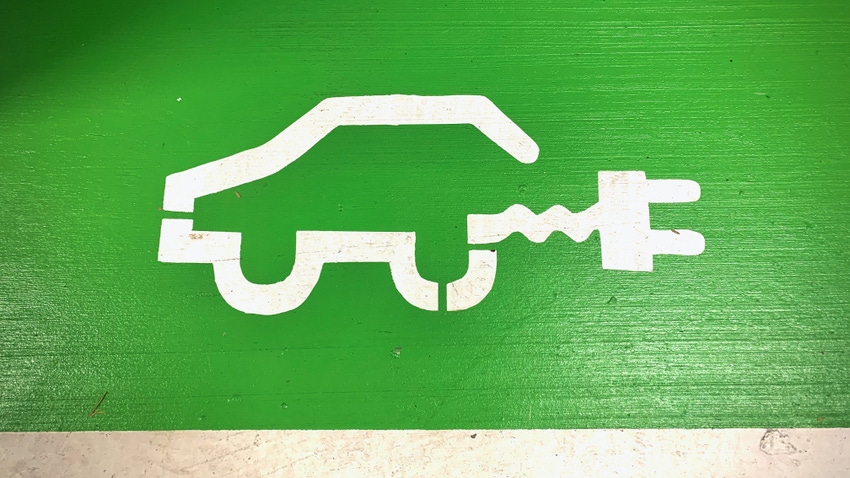Eurobites: Mobile coverage gaps threaten to throw UK's EV revolution into reverse – RAC
Also in today's EMEA regional roundup: Openreach extends fiber network in Northern Ireland; TIM thinks there's life after NetCo; Tele2 launches homegrown collaboration service.

Poor mobile coverage is making life difficult for drivers of electric vehicles in the UK and could prove a spanner in the works of the EV revolution, according to new research from the RAC Foundation. The vast majority of public EV chargepoints in the UK require drivers to access them via smartphone apps, but the RAC says that most of the chargepoints do not have the levels of coverage from the four UK network providers – EE, Vodafone, O2 and Three – that guarantee they can be activated 100% of the time. The RAC analyzed a randomly selected sample of Type-2 public chargepoints (ones that require access to a mobile app) and found that just a third (33.4%) of them outside London were in locations where there is "acceptable" all-network 4G coverage. In London, that figure was 39.7%.
Steve Gooding, director of the RAC Foundation, said in a statement: "Drivers of vehicles fuelled by petrol and diesel are used to reliable and hassle-free filling up at any of the 8,400 forecourts across Britain. The same cannot yet be said of topping up the battery of an electric car at a public chargepoint. In many instances the mobile phone has become the key to unlocking the potential of the electric car. Unfortunately, that key does not always work."Openreach has committed to spending more than £100 million (US$126 million) on the expansion of its full-fiber network in Northern Ireland to around 100,000 additional homes and businesses, taking its fiber coverage to 97% of the country. Currently, says Openreach, 87% of NI properties are within reach of its fiber network.
Telecom Italia (TIM) has been responding to criticism from Umberto Paolucci, the former Microsoft bigwig who now heads up the Merlyn investment fund, that it would be unsustainable as a company after the sale of its fixed-line infrastructure (NetCo) to KKR. In a statement, TIM said the figures it had provided for the NetCo transaction were "fair as confirmed by leading independent banking and strategic advisory institutions" and that the financial sustainability of the company "is clearly expressed by the figures released on March 6th 2024, with an expected leverage to 2026 at 1.6-1.7x, not including potential upside of up to 4 billion euros [US$4.3 billion], resulting from earnouts for Netco and the possible sale of Sparkle." Paolucci's criticisms of TIM's long-term strategy appeared in an interview with La Repubblica (paywall applies).
Nordic operator Tele2 is jumping on the "data sovereignty" bandwagon with the launch of its new work-collaboration platform for the public sector, predictably dubbed Tele2 Collaborate. Tele2 promises that all the handling and storage of data related to the service will take place in Sweden, where Tele2 is based. The platform includes all the usual work-related bits and bobs – chat function, video meetings, whiteboard, document sharing – and is based on open systems and standards recommended by Sweden's Digital Collaboration Platforms (dSam) project.
Virgin Media O2 has introduced a new broadband connection monitoring service based on Cisco's ThousandEyes software. The service monitors customers' Wi-Fi hubs and assesses the health of their connection, flagging potential issues such as speed drops and disconnections. The service will initially target 300,000 Virgin Media broadband customers whose connections will be checked throughout the year, before the service is rolled out to all customers at a later date.
Could there be a more zeitgeisty conjunction of words than "AI hub"? Probably not. Anyway, Microsoft is planning one of these in London, City AM reports. The hub will be based in the tech giant's Paddington offices and under the control of Jordan Hoffman, an AI boffin who has worked at Inflection and Deepmind.
About the Author(s)
You May Also Like












